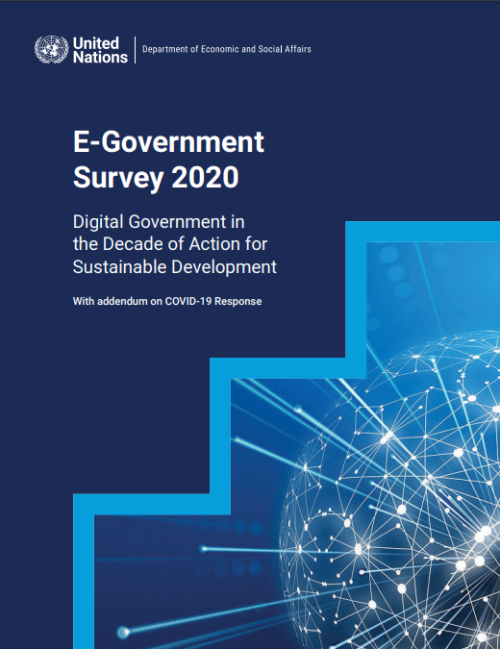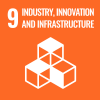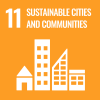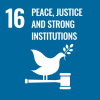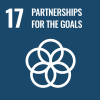The year 2020 witnessed a transformational change in global development as the United Nations Secretary-General António Guterres called on Member States and other stakeholders to “kickstart a decade of delivery and action for people and planet”, given the short time left to achieve the 2030 Agenda for Sustainable Development. By surveying and studying broad patterns of digital government around the world, the United Nations E-Government Survey assesses the digital government development of the 193 United Nations Member States in identifying their strengths, challenges and opportunities, as well as informing policies and strategies. The Survey supports countries’ efforts to provide effective, accountable and inclusive digital services to all and to bridge the digital divides in fulfilling the principle of leaving no one behind. Since its inception in 2001 by the United Nations Department of Economic and Social Affairs, the Survey has become an indispensable ranking, mapping and measuring development tool for digital ministers, policymakers and analysts delving into comparative analysis and contemporary research on e-government. The launch of this Survey is also taking place during unprecedented time of the COVID-19 pandemic. While the pandemic has reinvigorated the role of e-government, both in its conventional delivery of digital services as well as new innovative efforts in managing the crisis, it has also brought challenges and multiple forms of digital divides to the fore, especially among the poorest and the most vulnerable groups.
 Welcome to the United Nations
Welcome to the United Nations
